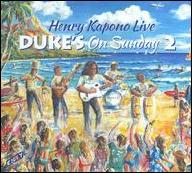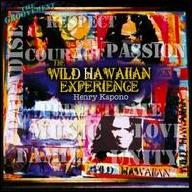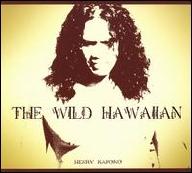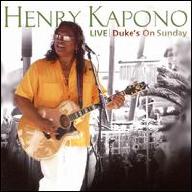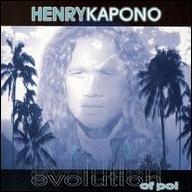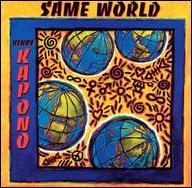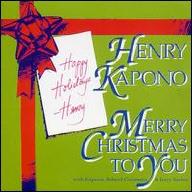The performer, whose full name is Henry Kapono Ka'aihue, is a native of Oahu who hails from a spot not far from Waikiki. The name "Kapono" translates from the Hawaiian language as "righteous." Like many artists, his earliest inspiration came from his family, and he spent time early on in a local choir. He took up the ukulele and the guitar, and learned the latter not by formal lessons, but by keeping an ear attuned to recordings and the radio. Thanks to his athletic prowess, he was able to attend a prestigious Honolulu Academy and the University of Hawaii on full scholarships. If an injury hadn't sidelined him, he might have gone on to a career in professional football.
Kapono's first gig had him singing folk songs in Waikiki, accompanying himself on guitar. He moved on to the rock band Pakalolo, performing throughout Hawaii and the Far East. He remained in Vietnam for several years and devoted his time to performing for military troops. When he headed home, he forged a musical partnership with Cecilio Rodriguez. The two men would remain together for about eight years, billing themselves as Cecilio Kapono. Before a year had passed, Columbia Records signed the new duo and offered a three-album deal. Before the duo parted ways, the collaboration would produce a total of eight albums. When Kapono went solo again, he put out Kapono: Stand in the Light in 1981 and went on to work on more than a dozen albums, including Evolution of Poi.
He has appeared in the films #Damien and #Waterworld, as well as the Imax production #Behold Hawaii. He has also appeared on television, including spots on #Magnum P.I., #Byrds of Paradise, and #Live with Regis Kathy Lee, among other programs. His children's book, -A Beautiful Hawaiian Day, was published in 2000. A year later, it took home the title of Best Book with a Ka Palapala Po'okela Award. Kapono also received a number of civic awards, and in 1998 Honolulu's mayor decreed June 3 to be Henry Kapono Day. Wild Hawaiian was released in 2006. ~ Linda Seida, Rovi


